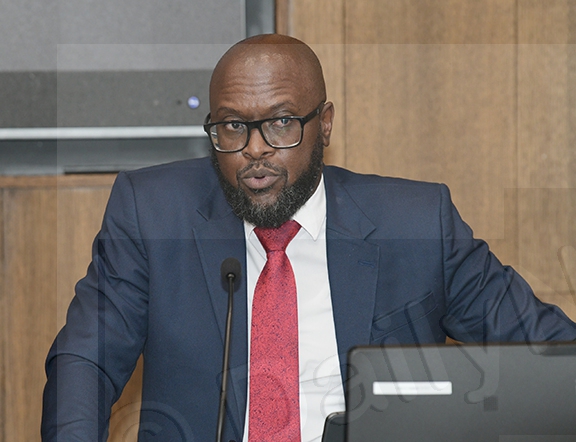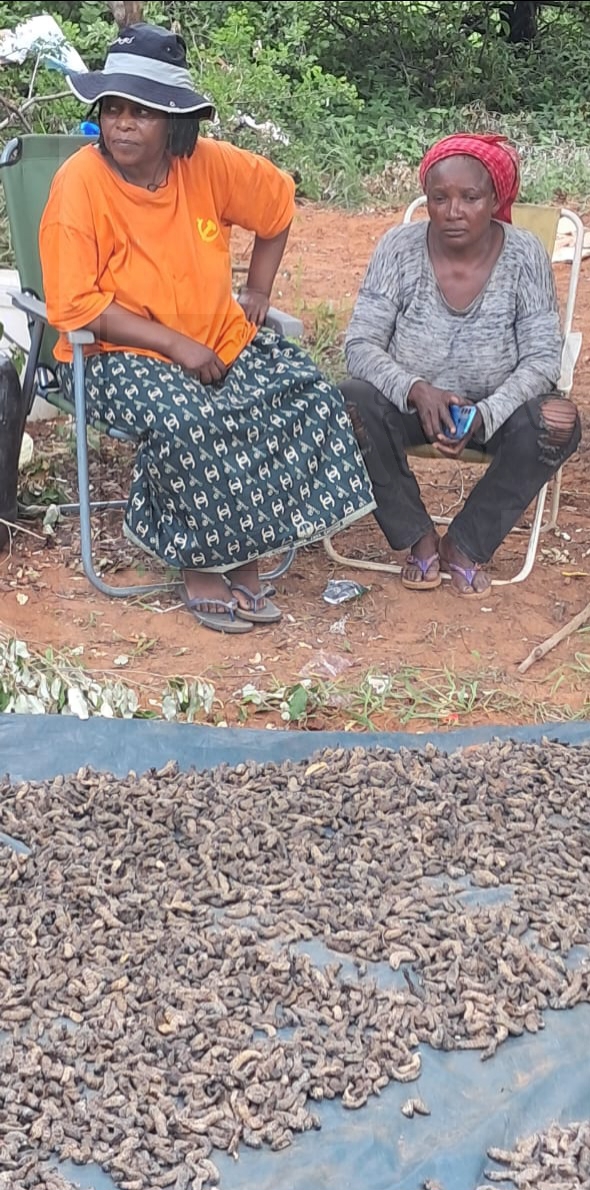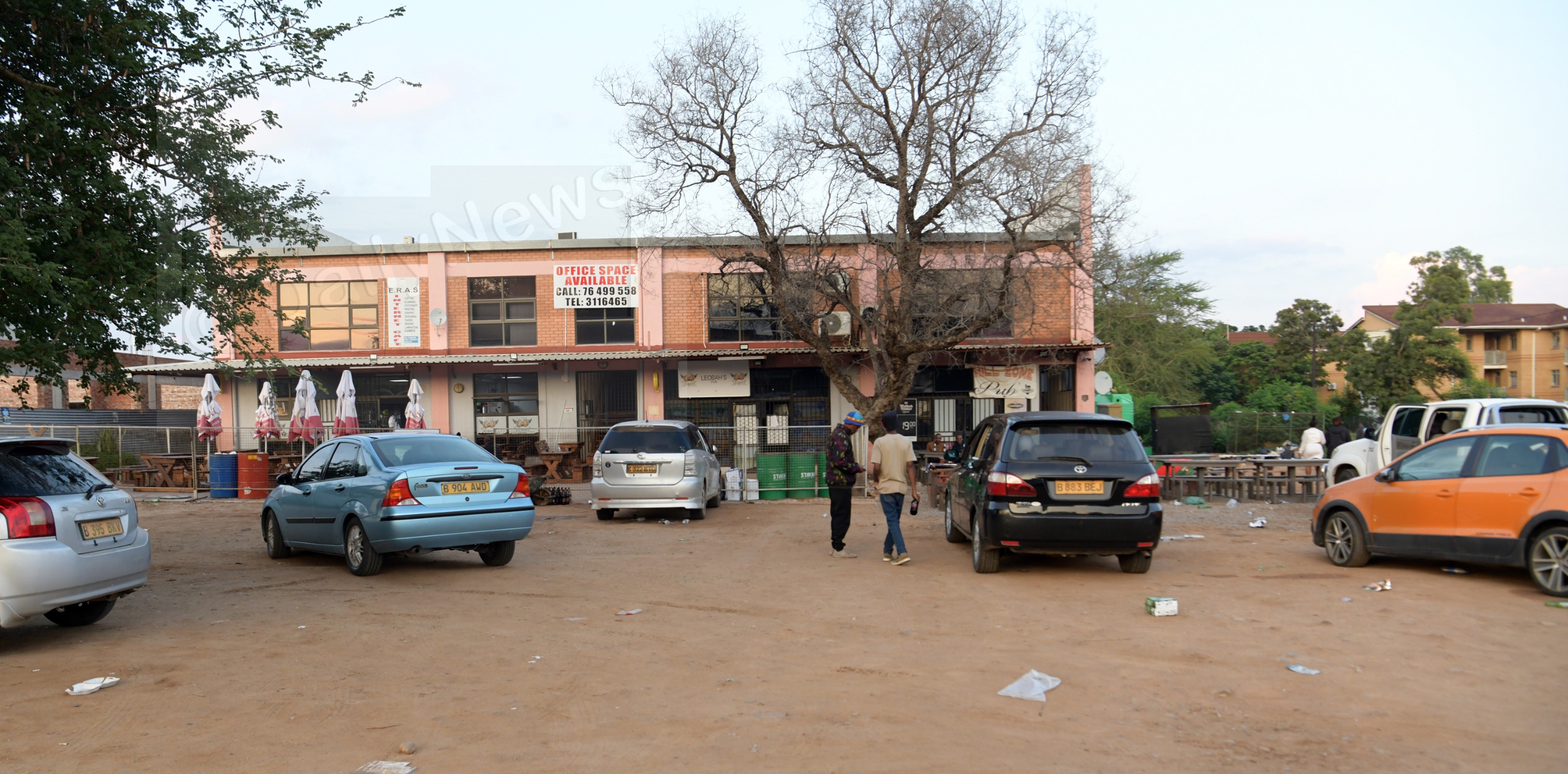Specialist calls for ethical recruitment of migrants
24 Jun 2024
Recruitment agencies in Botswana can be traced to the 1930s when South Africa Chamber of Mines’ recruiting organisations expanded their activities to source labour for the mines.
Recent reports point to low-skilled migrants being recruited by agencies to fill vacancies in tourism and agricultural sectors as well as in services such as domestic work abroad.
Although frameworks exist for regulating the activities of private employment agencies, there are violations of these laws on recruitment, especially in cases where migrants have been recruited for placement abroad.
This was revealed by a presentation on ethical recruitment in Botswana and Southern Africa at the third annual labour conference in Gaborone on Friday in Gaborone.
The presenter, senior regional specialist on labour migration and development at International Organisation for Migration (IOM), Mr Malambo Moonga, said 164 million migrants across the world were recorded in 2021 and 27.6 million of them were victims of forced labour. He said according to recent reports, 7.6 million people were migrating within the SADC region, adding the key sectors were mining, construction, services sector and agriculture.
And the country of destination was predominantly South Africa, but more recently emerging countries of destination are Botswana, Namibia, Angola and Zambia. He said the recruitment was done by registered and un-registered agents.
Mr Moonga said migrant workers were an important sector of the population of any nation as they were making significant economic contribution, which was estimated at US$7.6 billion in 2019 in SADC.
About 42 per cent of the migrants were women and they represented a higher proportion of victims of forced labour and exploitation.
Migrants, he said, were also vulnerable to exploitation due to language and cultural barriers, fear of exploitation and lack of access to justice.
He said it was critical for employers to engage in ethical recruitment of migrants either directly by advertising or through intermediaries by private employment agencies, the process which involves contractual arrangements that affected the rights and obligations of workers and employers. Mr Moonga said ethical recruitment respected, protected and fulfilled rights of workers and were guided by the principles of transparency, accountability, non-discrimination and fair treatment in compliance with the International Recruitment Integrity (IRIS) standards.
He said ethical recruitment assisted in migration for development. As such, he said it was important for the country to identify and address factors that led people to migrate in unsafe manner.
On the state of ethical recruitment in Botswana and SADC, Mr Moonga said a study conducted by IOM revealed that labour recruitment was characterised by both registered and unregistered recruitment agents.
He said most informal recruiters did not meet the standards set out in the legislative instruments, therefore had little or no capacity to undertake fair and ethical recruitment of labour migrant workers. ends
Source : BOPA
Author : Moshe Galeragwe
Location : GABORONE
Event : Conference
Date : 24 Jun 2024





